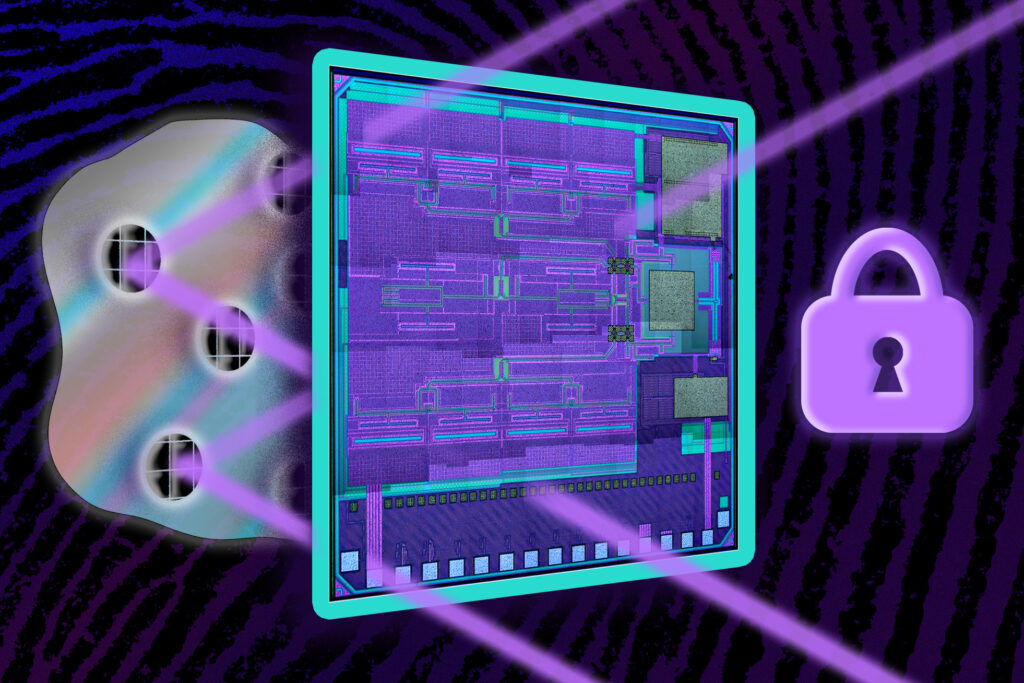New transmitter could make wireless devices more energy-efficient
The flexible chip could boost the performance of current electronics and meet the more stringent efficiency requirements of future 6G technologies. Researchers from MIT and elsewhere have designed a novel transmitter chip that significantly improves the energy efficiency of wireless communications, which could boost the range and battery life of a connected device. Their …
New transmitter could make wireless devices more energy-efficient Read More »










